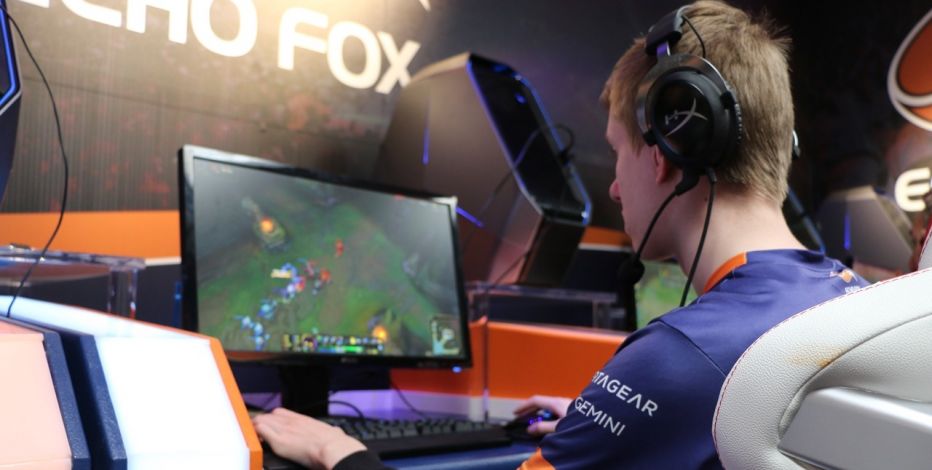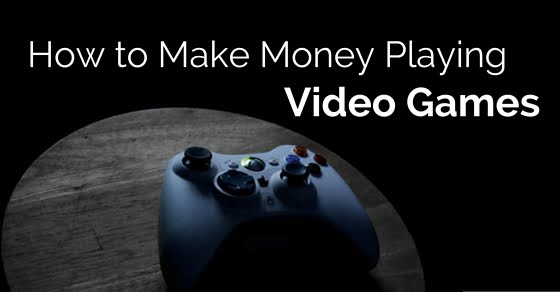

Preferably not at the same time. Yet Facebook has its eye on something greater than eulogising your three-year-old picture with John from accounting, that one time you spoke at the Christmas party.
No, Facebook wants it all — including gaming.
Three months ago, the social media giant announced Facebook Games Arcade, designed to push gaming to new heights on the platform.
The idea was that developing games for Facebook would be easier with Games Arcade, but the reality proved more difficult due to the platform’s software development kit, which wasn’t accessible enough.
Now, however, Facebook have announced the arcade experiment is over and it is taking a far more significant step into the gaming industry, by partnering with Unity to create a desktop gaming platform.
Unity is arguably the world’s most popular and powerful tool for developing games. This move by Facebook is the equivalent of a supermarket allowing farmers to place their produce directly on shelves, instead of going through packaging and processing first.
More importantly, the platform is desktop-based, meaning it moves away from Facebook.com and into the realm of Steam, the App Store, and Google Play as a somewhat standalone marketplace.
Isn’t Facebook.com already awash with gaming, you cry? Isn’t that the place I go to upload a motivational quote about reaching for your dreams, before playing six hours of Candy Crush Saga?
It’s true that gaming is still big business on Facebook, but that business is falling sharply as smartphones take over the casual gaming market.
In Q4 2014, Facebook received $257m in payment taxes from games on their platform, but by last quarter that had slipped to $197m, according to Techcrunch.
People don’t need Facebook to play the likes of Candy Crush Saga any more — they just go straight to Google Play or the App Store.
The partnership with Unity is yet-untitled, but the end result will be a platform similar to Steam (which has 125m users and 4,500 games) or the smartphone marketplaces.
Developers will be able to publish Unity-based games directly to the store, which people can buy for their PCs, but the new store will also greatly enhance Facebook.com’s gaming capabilities. Facebook itself claims to have an incredible 650m active gamers, all of those games being casual titles.
Casual gaming like Candy Crush and Clash of Clans may not seem important to console gamers or the hardcore crowd, but Facebook’s move to desktop is ultimately a show of faith in gaming as a whole, because Unity is capable of developing far more than those casual distractions.
In fact, the latest version of Unity is proficient in both augmented and virtual reality development — and Facebook famously bought Oculus Rift for VR development in 2014.
Does this mean we’ll be buying VR titles on Facebook’s gaming store in two years? Almost certainly. Will those games be hillwalking simulators? Almost certainly.
NOT-SO FINAL FANTASY

We all get over the hill at some point, but that hasn’t stopped Final Fantasy. One of gaming’s oldest and best-loved franchises is still going strong, despite not boasting a truly relevant game in over a decade.
That looks set to change on November 29th, the new release date for Final Fantasy XV (yes, that number really is 15).
Based on the footage and demos we’ve played so far, it’s the most exciting Japanese RPG in a very long time.
Meanwhile, a new Final Fantasy movie is released on September 30th to coincide with the game. It’s called Kingsglaive: Final Fantasy XV. So far, the reviews have not been mixed — they have been very consistent, in fact.
The New York Times said: “This spinoff… is too ludicrous for words.” Entertainment Weekly claims it is “essentially a really long cutscene”. Other reviews claim it is a “barely coherent muddle”, “flotsam and jetsam”, and “could result in addlement”. Yep, that’s Final Fantasy.
On the other hand, critics have almost universally praised the film’s visuals, calling them “stunningly photorealistic”, “beautifully rendered”, “eye-popping”, and “much improved” from previous films in the series.
Kingsglaive will be available digitally on September 30, including on PlayStation Store, so we’ll be able to judge for ourselves shortly.
[Source:-Irish Examiner]





